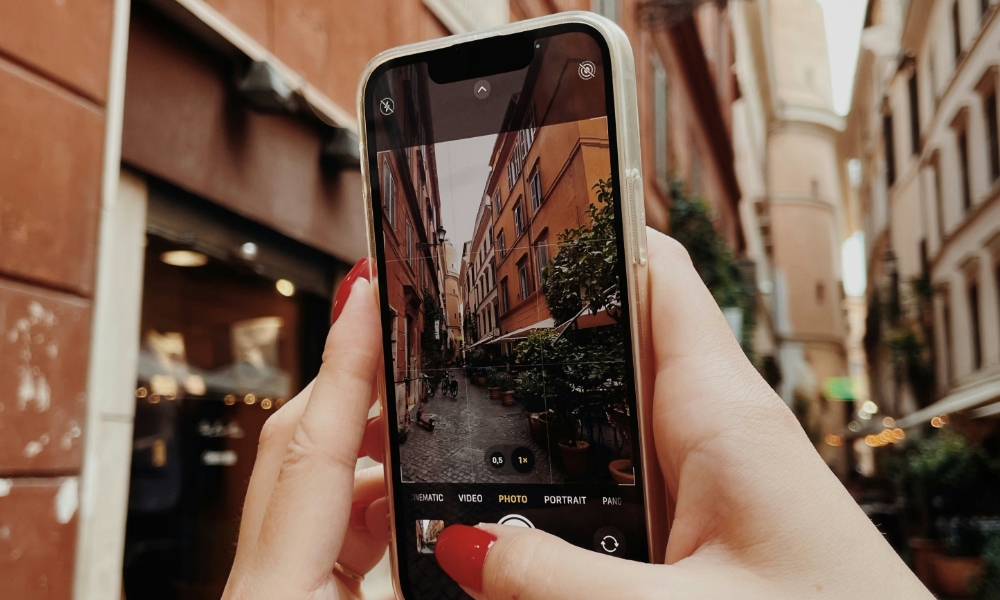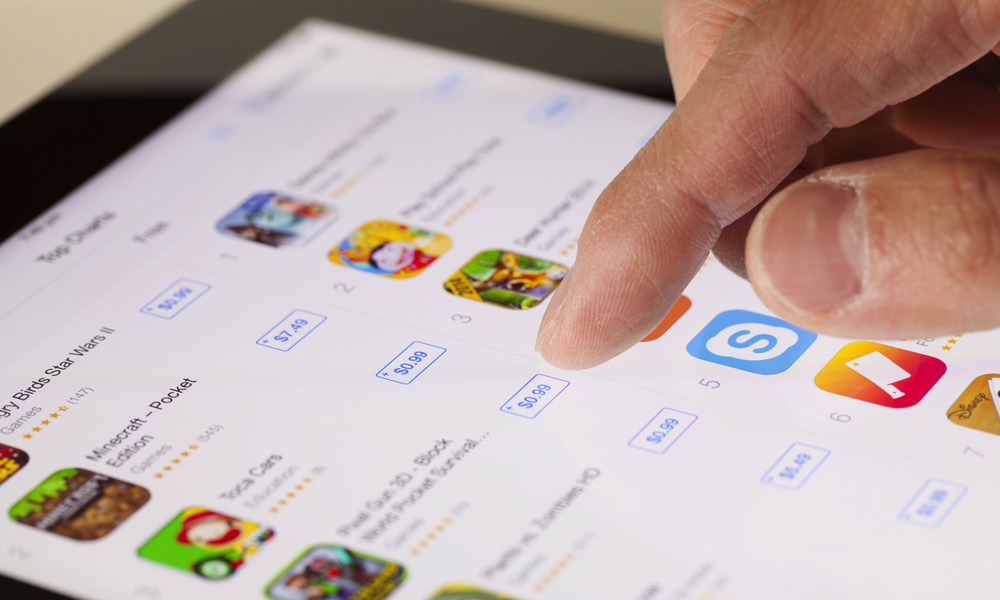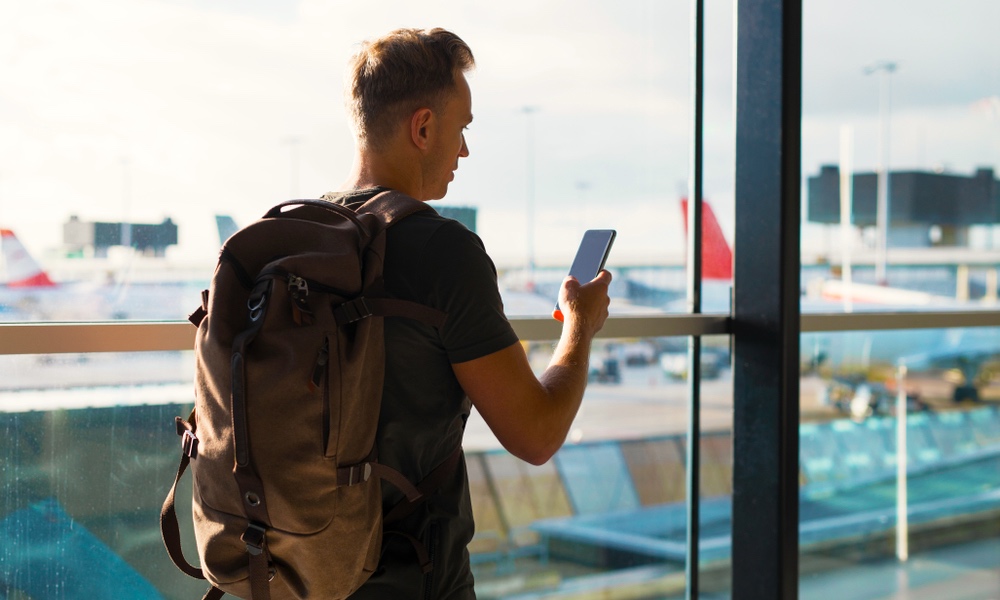Alternative App Marketplaces Could Make Things Weird for EU iPhone Users
 Credit: Valentyn Chernetskyi
Credit: Valentyn Chernetskyi
Toggle Dark Mode
With iOS 17.4 available and the European Union’s new Digital Markets Act (DMA) now in force, Apple has officially flipped the switch to allow alternative app marketplaces in the 27 EU countries where it’s now required to offer other ways of installing apps on the iPhone.
In the ideal scenario undoubtedly imagined by European regulators, this will lead to an egalitarian and blissful world where developers and users will enjoy new freedoms of being able to install apps from anywhere, liberated from Apple’s stranglehold on app distribution.
In reality, the situation is far more complicated.
Firstly, this won’t be full sideloading. Even someone running iOS 17.4 in the 27 EU countries can’t just grab an app from any old website and install it on their iPhone. Instead, apps can only be distributed through alternative app marketplaces, and Apple still gets to decide who can set those up.
While Apple has relaxed its rules on who can set up an alternative app marketplace — developers can now apply without the previously required million-euro letter of credit as long as they’ve been good App Store citizens — there are still hurdles for developers to overcome. That’s probably why we haven’t seen any alternative app marketplaces online yet. A few have been announced from lesser-known companies like Mobivention and MacPaw, and while Epic Games’ had ambitious plans to return Fortnite to the iPhone through its own app marketplace, Apple quashed those after it decided the company was “verifiably untrustworthy.”
However, the most significant challenges won’t be faced just by developers but also by many users. That’s because Apple is being quite strict about where alternative app marketplaces will be available.
The iPad Isn’t Included
First off, this has been an iPhone-only undertaking from the beginning. The European Commission considers iPadOS a separate platform that’s not large enough to qualify as a “gatekeeper” under the DMA. That means Apple isn’t required to offer alternative app marketplaces or third-party browser engines on the iPad.
That’s going to make things a lot more complicated for developers and users alike since many iPhone apps are “universal” ones that also run on the iPad. While a developer or an iPhone-only app can walk away and leave the App Store behind, that won’t be an option for anybody who wants to reach iPad owners as well.
Add in-app purchases and subscriptions to the mix, and things could quickly become untenable. Although a subscription could be purchased on the iPhone app through an alternative app marketplace and shared with the iPad version distributed through the App Store, there’s a good chance Apple won’t allow that — at least not without collecting its App Store commissions. At that point, the developer might as well just remain on the App Store and ignore third-party app marketplaces entirely.
Don’t Stray Too Far From Home
The other significant wrinkle is that Apple is making sure users can’t cheat. These alternative app marketplaces will only be available in the 27 EU countries where Apple has no choice but to permit them. However, nothing in the DMA says Apple has to make them available to EU citizens anywhere in the world.
As per Apple’s support document, not only does your country or region need to be set to one of the following countries, but you also need to be physically located there:
Austria, Belgium, Bulgaria, Croatia, Cyprus, Czechia, Denmark, Estonia, Finland (including the Åland Islands), France (including French Guiana, Guadeloupe, Martinique, Mayotte, Reunion, and Saint Martin — but oddly not Saint Pierre and Miquelon), Germany, Greece, Hungary, Ireland, Italy, Latvia, Lithuania, Luxembourg, Malta, Netherlands, Poland, Portugal (including Azores and Madeira), Romania, Slovakia, Slovenia, Spain (including the Canary Islands), and Sweden.
So, what happens if you leave one of those countries? Apple says it will offer a “grace period” for “short-term travel,” but you’ll be cut off if you’re gone too long.
That means you’ll not only lose access to all alternative app marketplaces but also be unable to get updates for any apps you’ve downloaded or purchased from them. Apple confirms the apps will continue to function, but that’s assuming they don’t need any updates.
Apple doesn’t say exactly how long this grace period applies, but it will definitely be a problem for expatriates or those who choose to move outside of the EU. In that case, you’ll be stuck with the last available version of the app, with no way to update it unless it’s available on the App Store — in which case you’ll need to delete it from your iPhone and reinstall it from there.
Update (March 7, 2024): Apple has updated its support document to clarify that users will be able to leave the European Union for up to 30 days without losing access to alternative app marketplaces:
If you leave the European Union, you can continue to open and use apps that you previously installed from alternative app marketplaces. Alternative app marketplaces can continue updating those apps for up to 30 days after you leave the European Union, and you can continue using alternative app marketplaces to manage previously installed apps. However, you must be in the European Union to install alternative app marketplaces and new apps from alternative app marketplaces.









